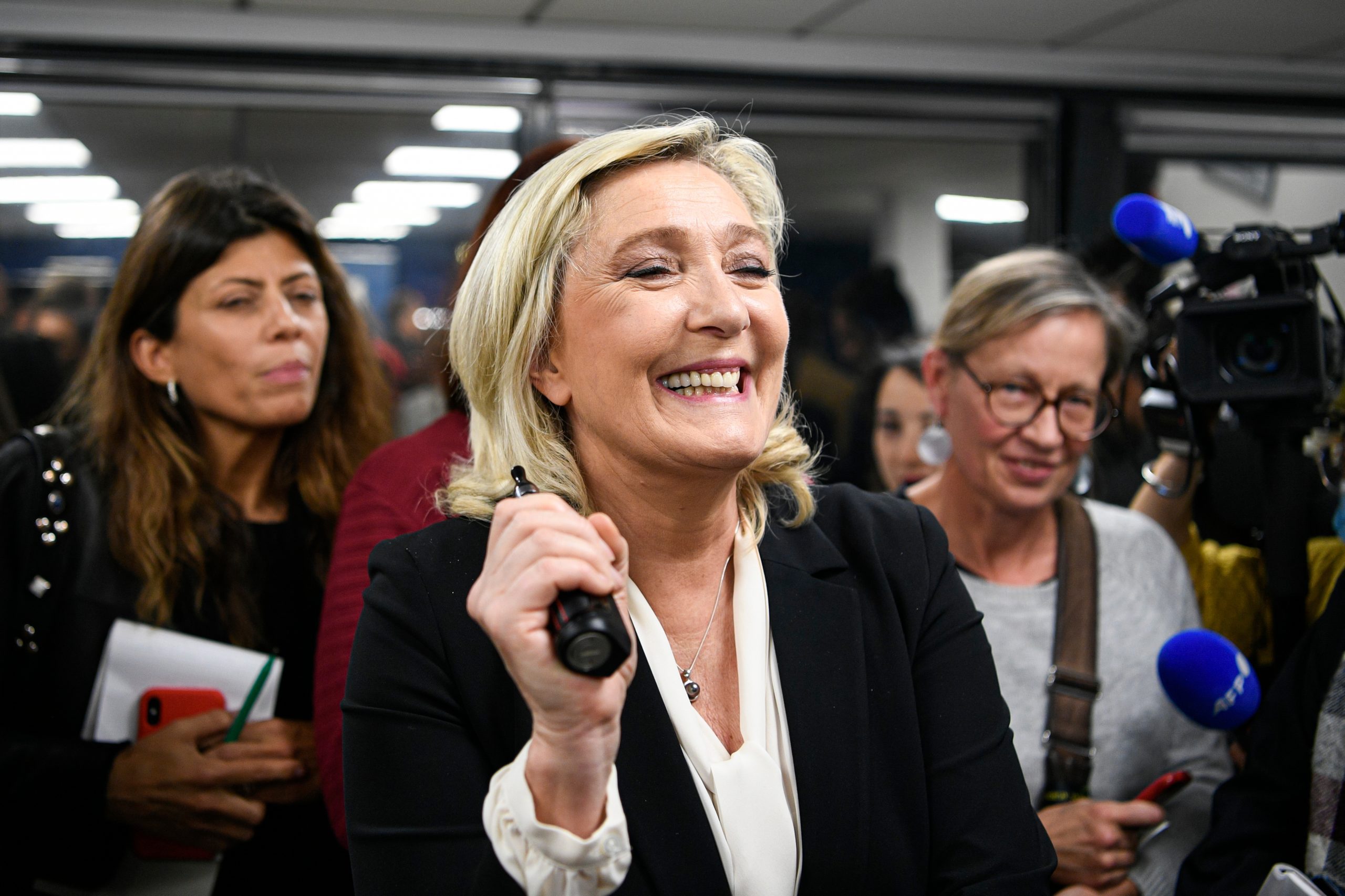
The result of the second round of the legislative elections confirms the analyses of all observers of French political life: Emmanuel Macron’s victory in the presidential elections on April 24th was a victory in trompe-l’oeil. Macron was re-elected for a second term by French people who paradoxically did not want him, and who let him know it during the elections to the National Assembly.
Indeed, the presidential party suffered a historic setback as it lost its absolute majority in the National Assembly in the June 19th elections. The government coalition won only 245 deputies, whereas it had 350 in 2017. It has therefore lost more than a hundred deputies. It has the smallest relative majority that has been given to a president since the beginning of the Fifth Republic.
With an absolute majority of 289 MPs, the Renaissance party (formerly La République En Marche) and its allies are in a difficult position as they will not be able to pass any bill without negotiations with the rest of the Assembly. The next few months will therefore be extremely difficult for the implementation of Macron’s presidential programme.
The disavowal of Macron and his policies can also be seen in the numerous defeats of personalities very close to the president, or of government ministers who were participating in the legislative elections and who were defeated. Two key central politicians in Macron’s system were ousted: Richard Ferrand, the former president of the National Assembly, and Christophe Castaner, head of the parliamentary group of Renaissance—La République En Marche. Several ministers have been disavowed, such as Amélie de Montchalin, despite holding the symbolic portfolio of the Ecological Transition, on which the government had conveyed a lot to hope to attract the votes of the Greens. Health Minister Brigitte Bourguignon was also disavowed. She was known for her pro-euthanasia stance. According to the rules set by the President, these defeated ministers must therefore give up their positions in the government. Prime Minister Elisabeth Borne, on the other hand, was elected in her constituency of Calvados, but with a small majority, as the press pointed out— – an unusual fact for a prime minister, which proves her lack of popularity.
The left-wing coalition NUPES won 131 seats, slightly less than it had hoped for. Jean-Luc Mélenchon lost his bid to become Prime Minister by winning a majority in the Assembly, but he is satisfied that his coalition is now the leading opposition force in the Chamber of Deputies. However, this coalition is reminiscent of the French tradition of the “Cartel des Gauches”, i.e., a very heterogeneous electoralist union that tends to disintegrate as soon as the time comes to vote, given the divergent points of view of the formations that compose it. The Communist Party is pro-nuclear, while the ecologists categorically refuse it. La France Insoumise plays the card of Islamic communitarianism while the Communist Party is firmly attached to the secularity of the state.
But the real surprise of the election was the unexpected performance of the Rassemblement National, which won 89 seats—eleven times more than in the previous elections in 2017. The pollsters were totally focused on the NUPES’ actions throughout the campaign, and clearly failed to anticipate this tidal wave. In absolute numbers, the Rassemblement National, with its 89 deputies, is undoubtedly the leading opposition party in France, ahead of Jean-Luc Mélenchon’s France Insoumise, which within the NUPES coalition has only 75 seats. In four French departments, the Rassemblement National is even in a position to win all the constituencies, for example in the Pyrénées Orientales, whose capital, Perpignan, has Louis Aliot, a former companion of Marine Le Pen and a historic figure of the party, as its mayor. The novelty also comes from the fact that for the first time, the deputies of the Rassemblement National outnumber those of the establishment center-right party Les Républicains, who resist but only collect 64 seats. Locally, in some configurations, we could witness unprecedented phenomena of vote carry-over, where Macronist voters found themselves voting for the Rassemblement National against a NUPES candidate.
As soon as the results were announced, the Les Républicains party was plunged into intense discussions about whether they would accept to play the role of a supporting force to the presidential party to enable it to obtain its majority, or whether they would choose the opposition camp. Christian Jacob, the party’s president, said he considered himself fully in opposition to Emmanuel Macron.
The configuration of the National Assembly is therefore radically changed. The infographics point to a composition reminiscent of the tripartism that France experienced under the Fourth Republic from 1946 to 1958, with a lack of a clear majority and consequently great difficulty for cabinets to govern. The next few weeks promise intense political developments.
